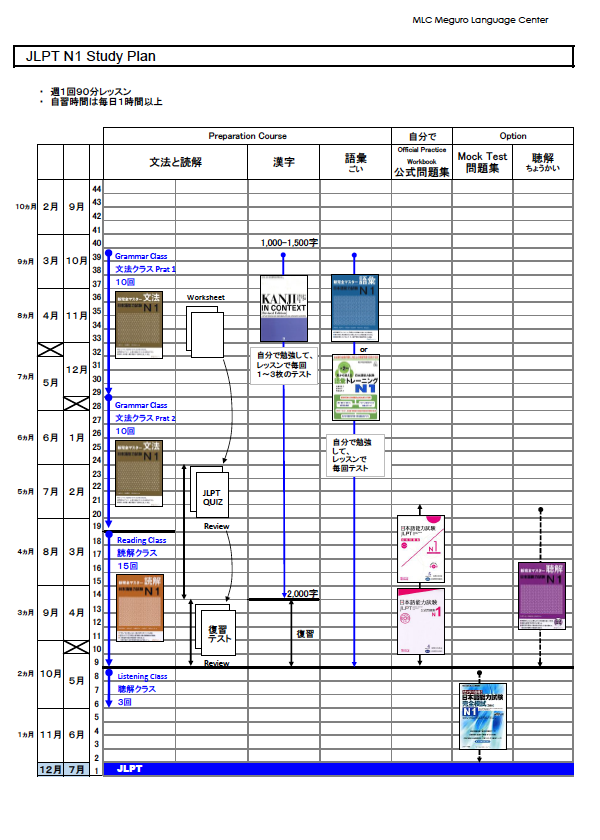
Hector Garcia, a writer who has released a number of books on this theory, including Ikigai: The Secret to a Long and Happy Life released in English last year, believes, however, that this ikigai shouldn’t just be linked to the elderly folks. What he discovered was that though they may have a different word for it, ikigai, or having a “purpose in life” was a strong uniting link.į you can find pleasure and satisfaction in what you do and you’re good at it, congratulations you have found your ikigai. In 2010, writer Dan Buettner released a book titled Blue Zones: Lessons on Living Longer from the People Who’ve Lived the Longest, in which he studied areas in the world, home to the longest-living residents (including Okinawa). Okinawa is home to some of the longest-living people in the world. Here the mild weather, healthy diet, and low level of stress are also factors, but it’s the island’s active population of non-retiring, purpose-driven residents that links them to other long-living communities in Sardinia, Italy and Icaria, Greece. Okinawa is also a hotbed of ikigai ideology. Okinawa, the southern island off of mainland Japan, is home to one of the highest ratios of centenarians to population. While the correlation between having a hobby you love and the increase of DHEA is yet to be proven scientifically, the program suggested that having this one thing that keeps you interested, focused, and gives you a sense of satisfaction in life may boost your youth DHEA hormone, thus leading to a longer and happier life. One woman in her late 90s was seen spending a few hours everyday carving Japanese traditional masks, another man painted, another went fishing daily. Interestingly enough, as the program followed those men and women around, they found one single thing they all had in common: a hobby they practiced every day that they were really into. What they found interesting was that all seven people had exceptionally high figures of DHEA, a steroid hormone secreted by the adrenal glands that many believe may be the miracle “longevity hormone.” The program wanted to know what commonalities these elderly happy people had in their daily lives and so followed seven people in their late 90s and early 100s around from morning ‘till dawn, doing blood tests and other health check-ups.
#JLPT N5 TEST DATES 2017 TV#
In September 2017, the popular Japanese TV program Takeshi no katei no igaku partnered with a group of scientists to conduct research in the small town of Kyotango in Kyoto, a place which prides itself in having a population that has three times more residents over the age of 100 compared to the average of the rest of the country. One particular theory is that ikigai can make you live longer and with more direction. Many sociologists, scientists, and journalists have researched and hypothesized the usefulness and truth behind this particular phenomenon, and they’ve come to a number of very interesting conclusions. The best way to really encapsulate the overarching ideology of ikigai is by looking at the ikigai Venn diagram which displays the overlapping four main qualities: what you are good at, what the world needs, what you can be paid for, and of course, what you love.īoiling it down to its most basic theory, it’s within the crossover of these points where ikigai stands. Gai is the key to finding your purpose, or value in life.

Ikigai is what gets you up every morning and keeps you going. It can also be seen in similar Japanese words like hatarakigai, (働きがい) which means the value of work, or yarigai ~ga aru (やり甲斐がある), meaning “it’s worth doing it.” Clinical psychologist and avid expert of the ikigai evolution, Akihiro Hasegawa released a research paper in 2001 where he wrote that the word “gai” comes from the word “kai” which translates to “shell” in Japanese.ĭuring the Heian period, shells were extremely valuable, so the association of value is still inherently seen in this word.

The origin of the word ikigai goes back to the Heian period (794 to 1185). In other words, your ikigai is what gets you up every morning and keeps you going. A combination of the Japanese words “iki” (生き), which translates to “life,” and “gai” (甲斐), which is used to describe value or worth, ikigai is all about finding joy in life through purpose. Though the “new year, new me” mantra is inspiring, the truth is if all that’s really inspiring us to do better is a different number on the calendar, maybe there’s a better way to fully embrace everything life has in store for us.Įnter ikigai, the age-old Japanese ideology that’s long been associated with the nation’s long life expectancy. As we continue into mid-January trying to keep up with those well-intentioned but lofty New Year’s resolutions, there’s no better time than now to refocus our energies, and really plan out our hopes and goals for the future.


 0 kommentar(er)
0 kommentar(er)
